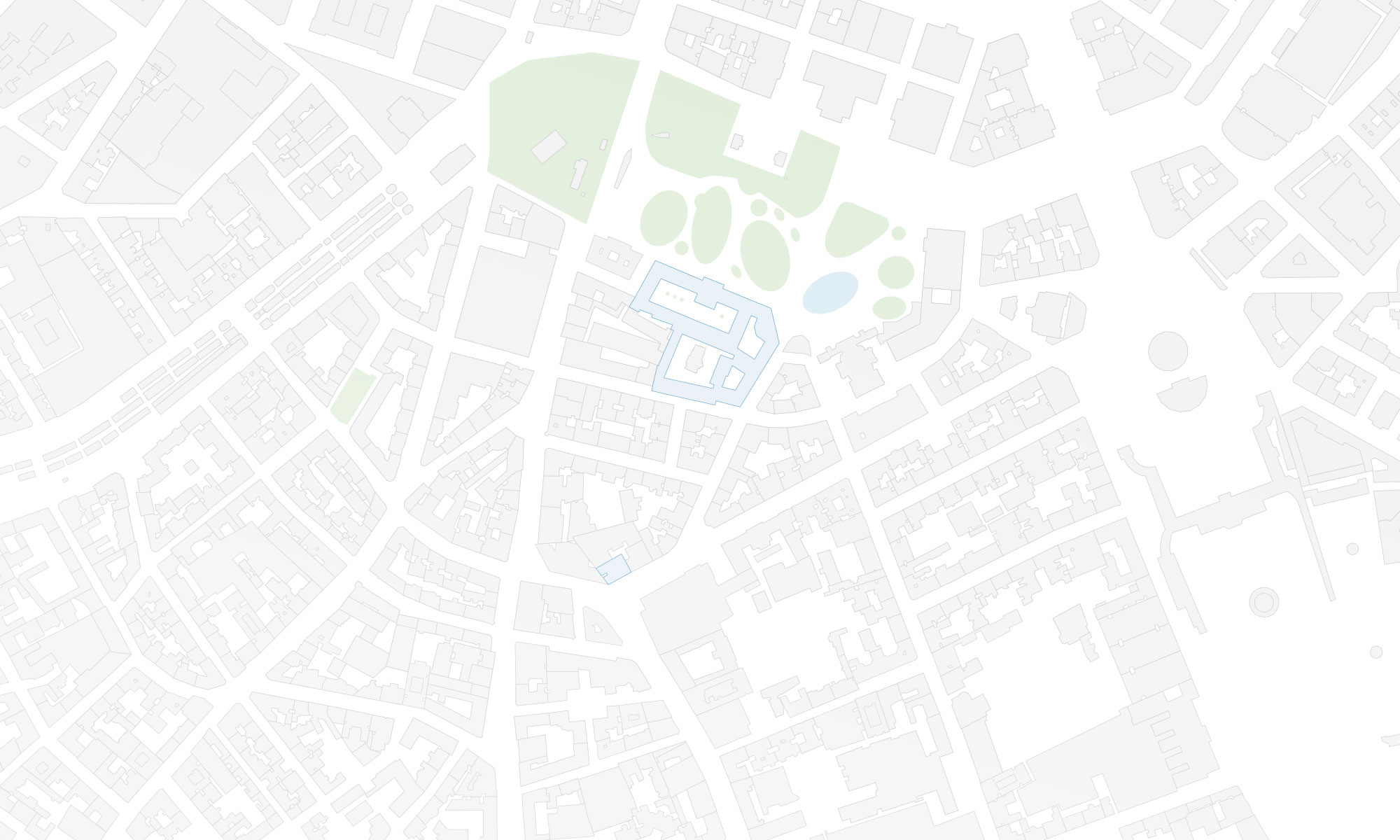 Every human perceives urban space differently. Some places are experienced to be unsafe, others as especially beautiful. This perception is subjective and emotions of the person influence it.
Every human perceives urban space differently. Some places are experienced to be unsafe, others as especially beautiful. This perception is subjective and emotions of the person influence it.
In the project EmoMap, we focus on collecting and mapping humans’ subjective relations to space. We use volunteered geographic information (VGI) to collect emotional views of the city by allowing users of a Web 2.0 community to contribute and share their emotions. The data is gathered in-situ through smartphones. Compared to traditional methods, the collected data is more punctual type, e.g. an emotion is not associated with a large area but a point or a small area. Also, the data of many different users can be stored independently without the need to make an aggregation towards one average data set. This allows finding out how specific groups of users perceive their environment, e.g. people of type A think this place is unsafe. This information can be used to design user-adaptive mobility services.
In EmoMap, we use the collected data for modifiying route calculation in pedestrian navigation systems. The hereby developed methods and algorithms are tested for the hypothesis that the inclusion of emotional data can improve user satisfaction.
Project details
Funding programme: FFG, ways2go
Duration: 24 months

